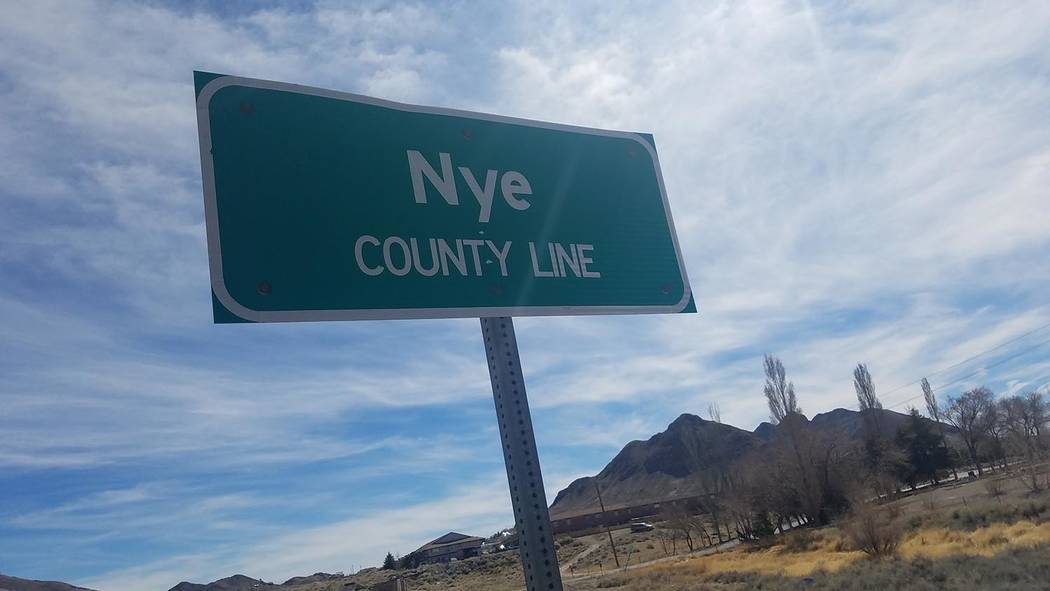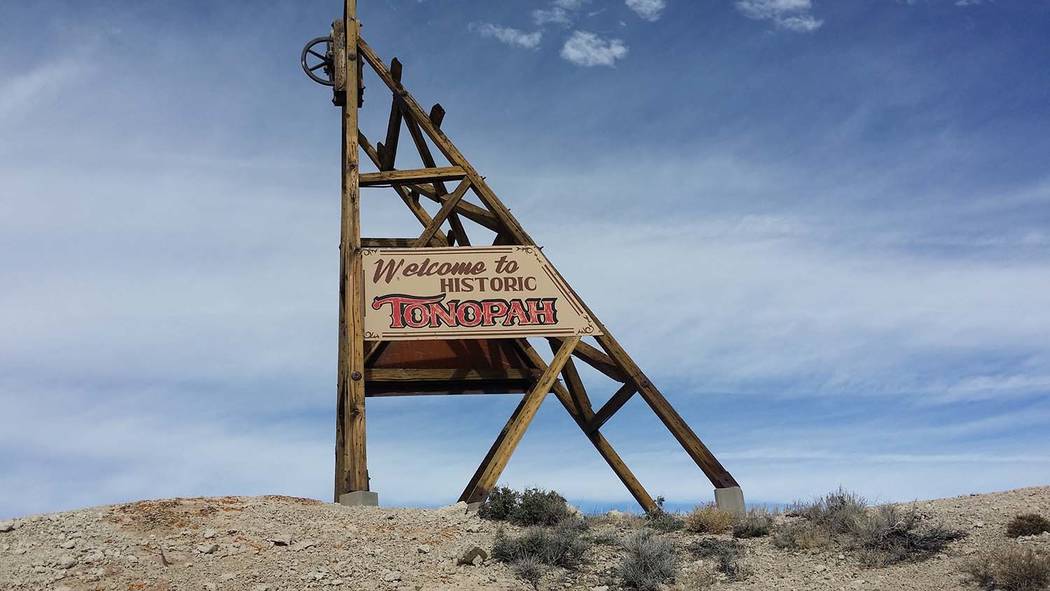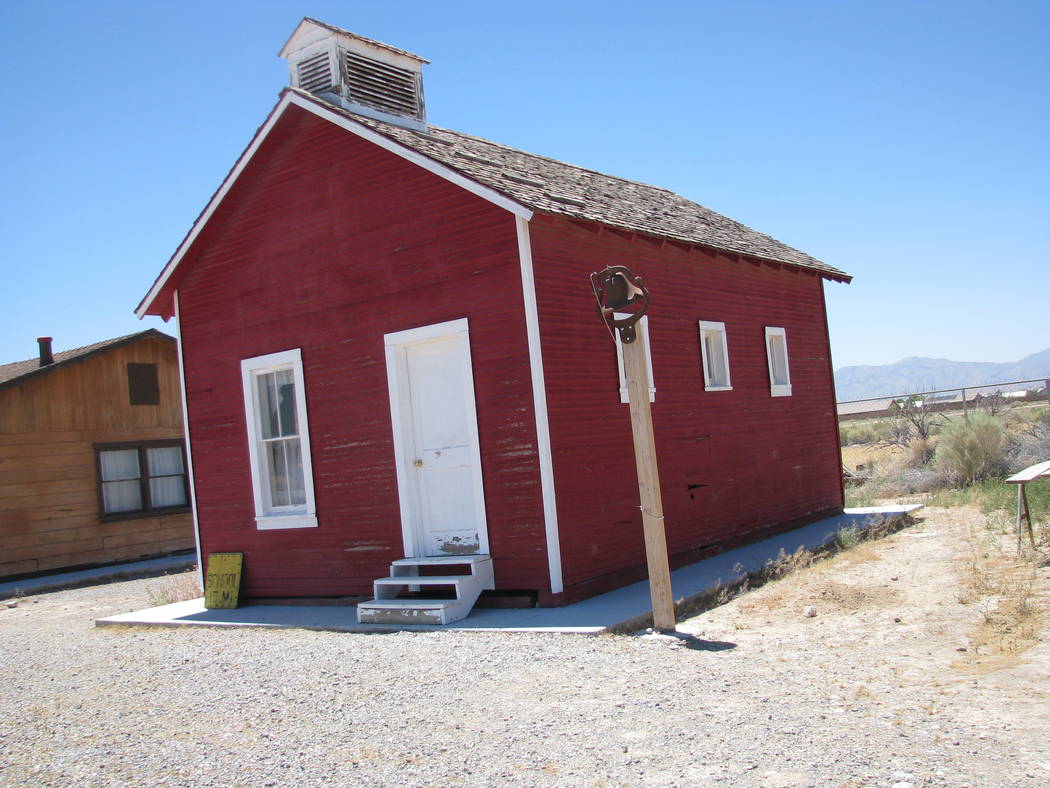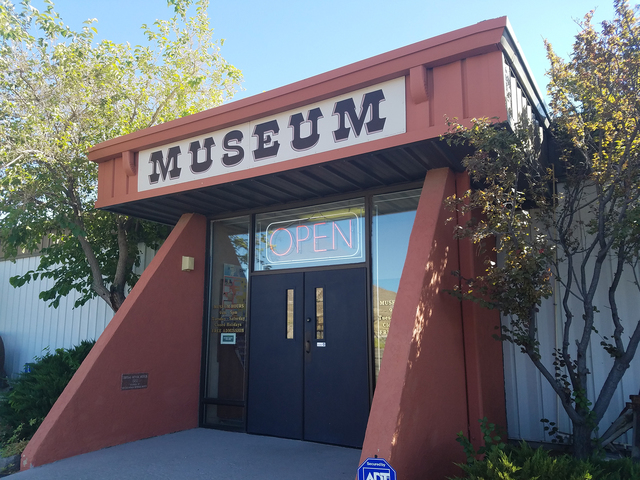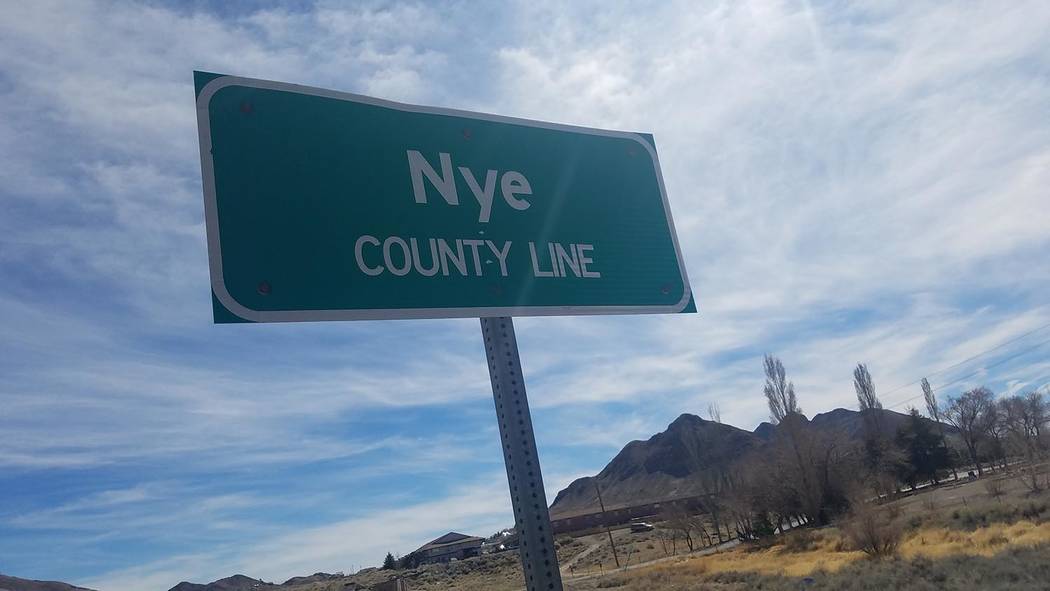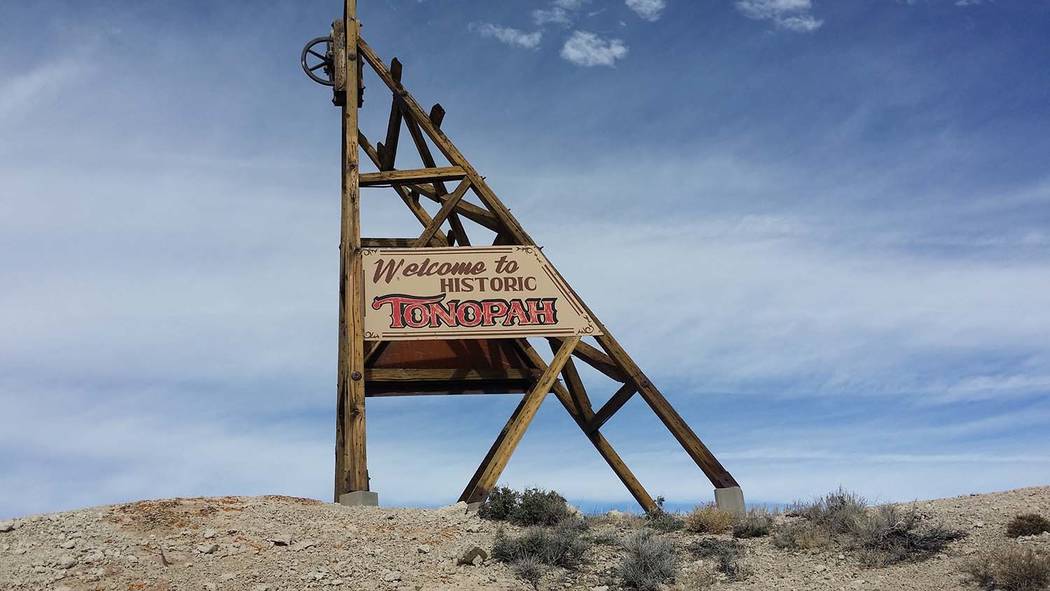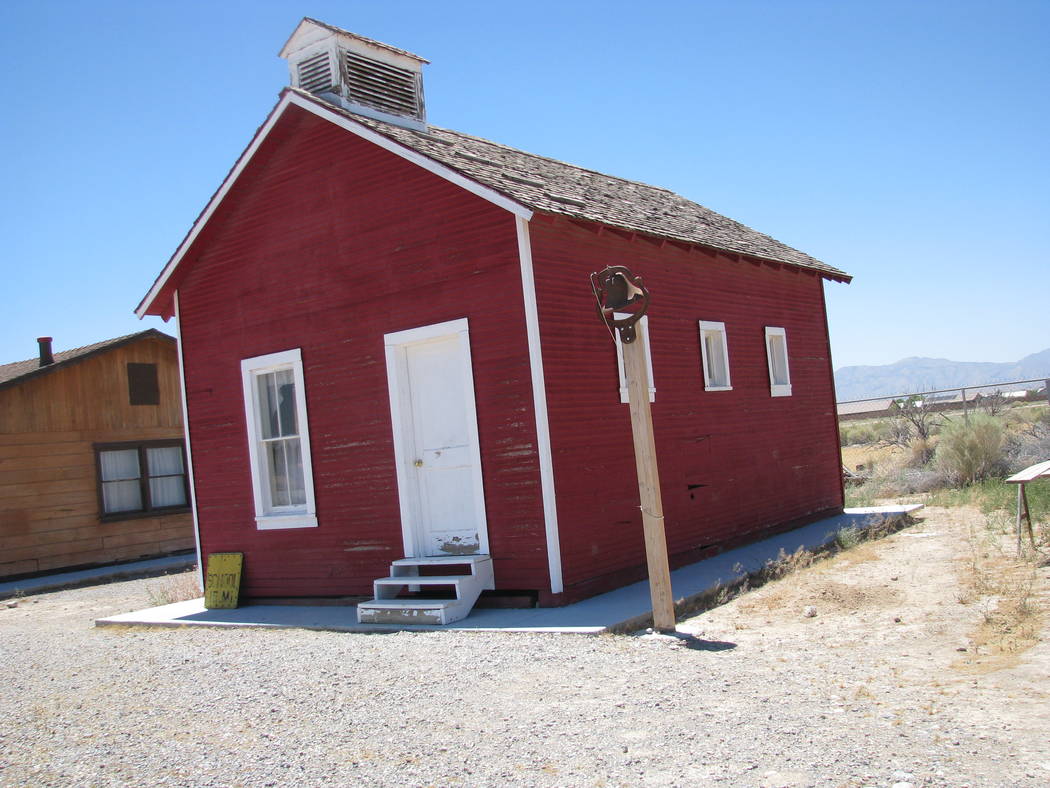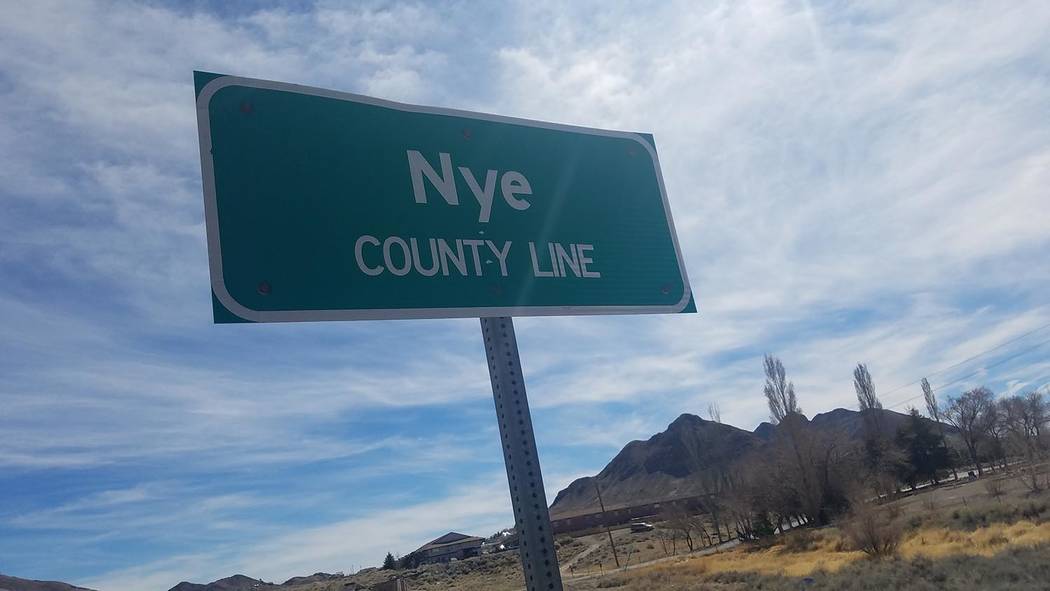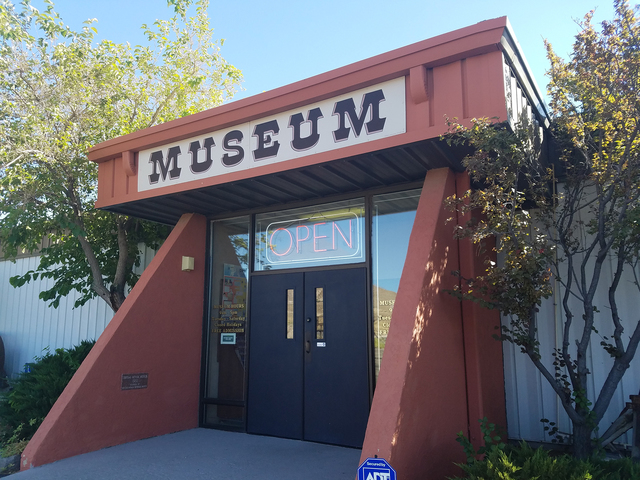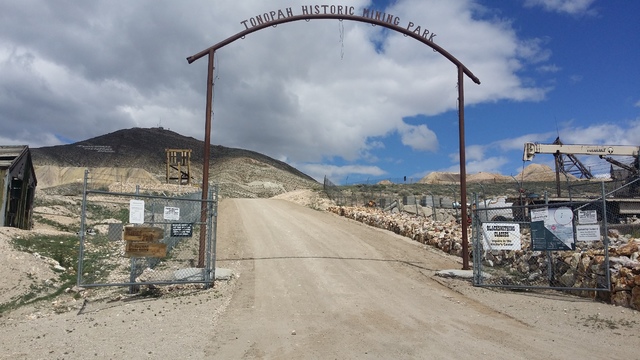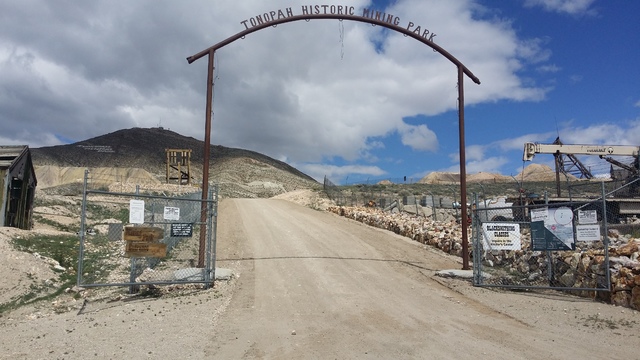Bob McCracken: How we remember history is how it is made
The old saying “history is just one damn thing after another” is cute but it is not true. For the purposes of this article, history is defined as an account of the past, having been filtered through the eyes of the beholders, both the original participants and later students of history. History is never a verbatim or complete account of past occurrences but is a version, an interpretation, of past events, perhaps valid, perhaps not.
History is based on human beings’ memories of what took place in the past. Considerable scientific research has been devoted to the subject of memory, and it turns out human beings’ memories are not what one might think.
An article in a recent issue of Nature (3/9/17), one of the world’s leading science journals, helps us understand the influence of others on what we remember.
“Memory is notoriously fallible,” says the author, Laura Spinney, a science journalist living in Paris, France. She points out, “Collective memories form the basis of history, and people’s understanding of history shapes how they think about the future.”
“Communication shapes memory,” Spinney writes. “Things that get mentioned get remembered—by both speakers and listeners.”
Memories
Communication of memories can lead to convergence and increasing similarity of our memories. Memories of people living in close association tend to converge. Convergence of memories helps keep group members on the same page, increasing group bonding and strength. When people converse about the past, repeated mentions of an agent or event increase the likelihood of it being remembered. Similar memories are more likely to occur within a group than between groups. Similar memories shape group identity, which in turn helps shape memories.
Spinney points out that when formerly unified populations sharing similar memories are separated, they may develop different views of their history. She notes that, for example, Palestinians living in Israel and on the West Bank who were separated by the Arab-Israeli wars of 1948 and 1967 have “graduated toward different versions of their past despite a shared Arab-Palestinian identity.”
A crucial factor in determining how an event is perceived and remembered by a group is the amount of change that event brings to their lives. For example, Spinney points out, in Yugoslavia following the 1990s war, surviving children of Croatians were more likely to recall such things as their parents getting shot or homes being bombed rather than non-war-related events such as a marriage or the birth of a first child.
And in Europe people easily recall World Wars I and II, but not the Spanish flu epidemic of 1918-1920 that likely killed more people than either war, says Spinney. War tends to bring more change and that’s why it is remembered more strongly. Events with lots of emotional impact are more likely to be remembered and become a part of a group’s recognized history.
A group’s memories evolve over time as members age. People tend to be most marked by memories from adolescence or young adulthood. Such memories may remain salient for life, often becoming dominant memories in their society. For American baby boomers an important historical memory was the assassination of President John F. Kennedy, whereas for those born after 1965 the fall of the World Trade Center in New York on 9/11 was big, Spinney notes.
False memories can be a problem in the study of history. False memories can be countered by presenting valid information, and some people may change their beliefs to agree with that information. Others may not be convinced (“Don’t confuse me with the facts!”), or may not change their minds but may be a little less confident about their conclusions.
Study of Nye County history
The Nye County Town History Project was begun in 1987. Funded by the Nye County Commissioners using Yucca Mountain money, it represents an effort by the county to promote understanding of Nye County’s past for the benefit of its citizens and visitors as well as to better evaluate the impact of the proposed Yucca Mountain repository on the county.
Existing written sources of county history were thoroughly consulted. But the heart of the effort has been the production of more than 120 oral history interviews with current and past long-time Nye County residents—prospectors, miners, ranchers, immigrants, sheepherders, prostitutes, shopkeepers, and more—real people, whose lives bring history to life.
Interviews ranged in length from one to more than eight hours. Interviews were recorded, transcribed, reviewed and approved by interviewees, indexed, printed, and archived in Nye County libraries and museums and at other sites in Nevada. Participants also contributed a large number of photographs depicting the county’s past. These resources are available on the Internet at NyeCountyHistory.com
Written sources on Nye County history and the oral history interviews and photos were used to write and publish some 20 volumes on the history of Nye County and its communities.
They include Pahrump, Amargosa Valley, Beatty, Tonopah, Manhattan, Round Mountain, Railroad Valley, Smoky Valley and Tybo.
A key element in this history research effort is how very open and enthusiastic county officials and residents have been concerning the effort.
Our interpretation of Nye County history is heavily based on the data from our oral histories with present and past county residents. In a sense, we created county history from these sources—namely, county residents. Nye County museums in Pahrump, Beatty, Tonopah and Round Mountain complement this research and help preserve it.
Bob McCracken has a doctorate in cultural anthropology and is the author of numerous books in the Nye County Town History Project.


